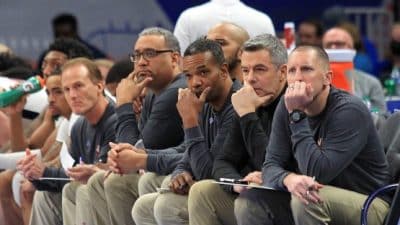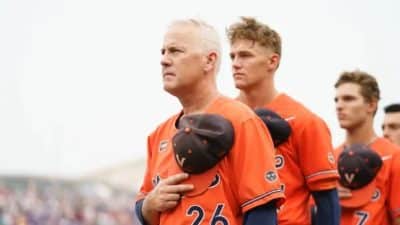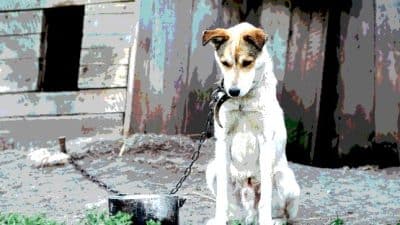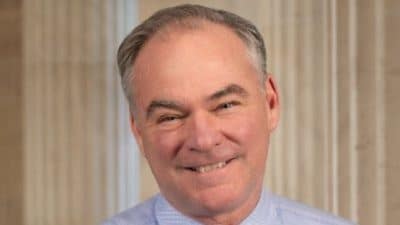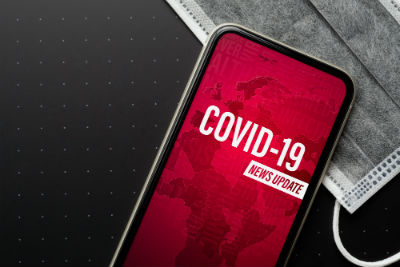
The saying goes, “You can’t believe everything you find on the Internet.” As simple as that sounds, navigating social media can often blur the line between reality and fantasy. This proves especially difficult when trying to fight a global pandemic.
Researchers at Virginia Tech are now looking into how social media misinformation influences people’s intention to receive the COVID-19 vaccine, especially those within the Appalachian region, with help from a grant funded by the Fralin Life Sciences Institute and the Data and Decisions Destination Area.
“There is evidence to suggest that Appalachia – our community – may be particularly vulnerable to misinformation about the vaccine,” said Michelle Rockwell, lead investigator on the grant and research associate for Carilion Clinic and research assistant professor with the Fralin Life Sciences Institute at Virginia Tech. “We’d like to improve understanding of vaccine misinformation and other factors related to vaccine readiness.”
The Fralin Life Sciences Institute aims to improve the human condition by supporting innovative environmental and life sciences, research, education, and outreach.
“The institute was thrilled to fund this grant to support Dr. Rockwell and her team’s timely and important research; this grant aligns with our mission to impact society by taking a problem-centric approach to bringing faculty together who are tackling issues like infectious disease and other life sciences-related challenges,” said Matt Hulver, executive director of the Fralin Life Sciences Institute.
As the United States rushes to vaccinate, misinformation has spread like wildfire across online platforms, more so than before the pandemic. False claims about infertility and DNA changes stemming from the COVID-19 vaccine often spread faster than vaccine truth.
Combined with rising social media use in the Appalachian region and existing barriers to health care access and quality, misinformation about the COVID-19 vaccine makes for the perfect storm.
“The vaccine is the major way that we’re going to get out of this pandemic,” said John Epling, medical director of research for the Department of Family and Community Medicine at Carilion Clinic and collaborator on the project. “Concerns about the vaccine are of course always legitimate, but in this case, there is sort of a clear and present danger of the pandemic. Misinformation, intentionally or otherwise, can really derail our best chance to get out of this pandemic.”
Vaccine hesitancy is not a new phenomenon, but in the midst of a pandemic, having bad information could prove costly in the race to vaccinate and outpace COVID-19 strains.
“We respect that people have hesitation and have concerns, and we all should be cautious in making important health-related decisions,” said Rockwell. “We are concerned about the quality of the information people are using in making their decisions.”
Rockwell and her collaborators, who come from a variety of disciplines, are hoping to learn what misinformation was being spread, but also how health care and public health stakeholders could combat misinformative posts.
The study surveys over a thousand people within Appalachia, a geographical region which consists of over 25 million people across 13 states, to gauge their willingness to receive the vaccine and their trust in health care influencers, media sources, health care, and science in general.
The researchers found that a higher percentage of the sample were extremely unlikely to receive the vaccine compared to national numbers. When it comes to trust, people most trusted their primary care provider and often prefer to receive the vaccine at the office of a primary care provider.
Rockwell and her team are also testing how interventions can stop the spread of misinformation. A subtle misinformation warning “nudge” from a trusted health influencer made people less likely to share real-life, “super-spreader” misinformation.
“Just seeing that misinformation warning, a very subtle nudge, makes a difference in people’s interpretation of misinformation and especially their likelihood of sharing it,” said Rockwell. “To us, that is a very actionable step for healthcare providers and organizations.”
Misinformation has been shown to be especially challenging to counteract, but the study findings hints at intervention from trusted health care influencers having an impact.
“One of the major sources of accurate health information is one’s own doctor or health provider,” said Epling, also a professor of family and community medicine at the Virginia Tech Carilion School of Medicine. “So, if medical practices and clinicians rose to that role of communicator a little bit and engaged a little bit in social media, it could help.”
An ongoing part of the study will use business analytics to map the language around COVID-19 vaccination across Twitter and Reddit.
With such vast misinformation flying across platforms and at the tip of people’s fingers, shuffling through social media for grounded information can prove difficult.
“The Internet is a pretty distracting place, so definitely take the time to think about things before you share them,” said Adrienne Holz-Ivory, associate professor in the School of Communication in the College of Liberal Arts and Human Sciences and collaborator on the study. “When you see something posted and it seems overly partisan, it’s probably a good idea to fact check it first before you share it with others.”
Diversifying sources and doing the extra research can always help. But even then, social media misinformation about the COVID-19 vaccine can be especially confusing and littered with uncertainty.
The study also lays an emphasis on interdisciplinary work with the following researchers collaborating on the project:
- Jeffery Stein, assistant professor from the Fralin Biomedical Research Institute at VTCand the Department of Human Nutrition, Foods, and Exercise in the College of Agriculture and Life Sciences.
- Julie Gerdes, assistant professor from the Department of Englishin the College of Liberal Arts and Human Sciences.
- Jeremiah Brown, graduate student from the Fralin Biomedical Research Institute at VTC and the Department of Human Nutrition, Foods, and Exercise in the College of Agriculture and Life Sciences.
- Michelle Seref, collegiate associate professor in the Department of Business Information Technologyin the Pamplin College of Business.
- Onur Seref, associate professor in the Department of Business Information Technologyin the Pamplin College of Business.
This group, along with Rockwell, Epling, and Holz-Ivory, hope to shed more light on vaccine hesitancy going forward, combat misinformation, and support the health and recovery of Appalachia.
Story by Tyler Harris




